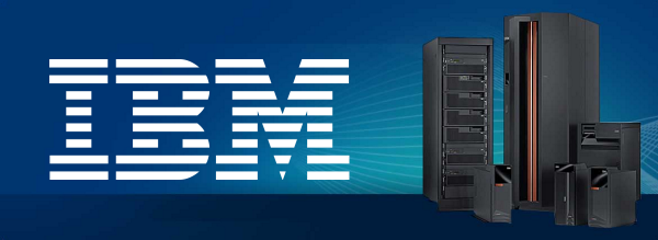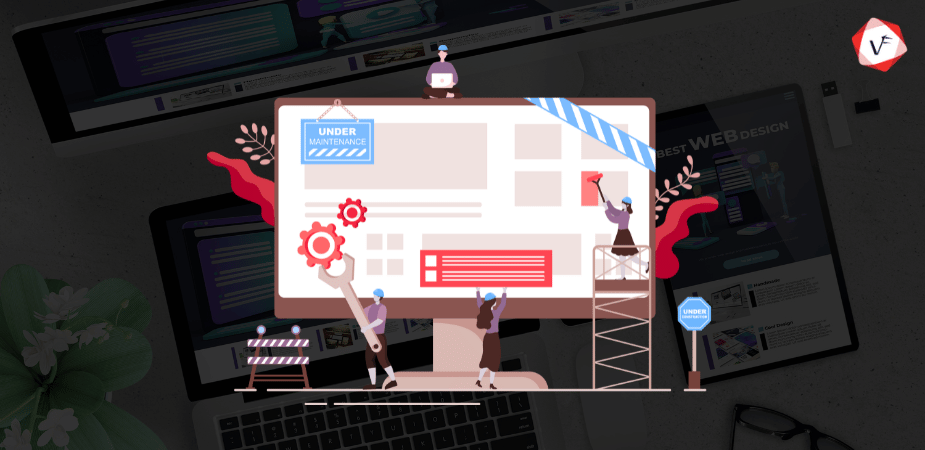In today’s fast-paced and ever-evolving business landscape, companies rely heavily on technology to stay ahead of the competition. IBM i, the operating system for IBM Power Systems, is a critical part of many businesses IT infrastructure, known for its strong security, impressive performance, and ease of use. While the AS/400, a legacy server hardware, was once popular among businesses, it has become outdated and is limited in scalability and support for modern technologies. This article will explore the difference between IBM i and AS/400, as well as why IBM i is still widely used, and the benefits it offers to businesses.
What Is IBM I?
IBM i is the operating system for the IBM Power systems including the IBM i Series and is a critical part of many businesses. In addition to supporting hardware and software resources, it offers a user interface for interacting with the system. IBM i is still widely used and depended upon. Some of the key characteristics of IBM i are
- High level of security
- Impressive performance
- Convenient implementation and maintenance
- Designed for business-critical applications
- Easy to use and manage
- Reliability and scalability
- Compatibility
IBM developed AS 400 to replace the System/36 and System/38 platforms. When the OS 400 operating system-based AS 400 computers were first introduced, they enjoyed great success in the computer market due mostly to their superior performance and lower price. Official reports state that IBM sold 500,000 AS 400 systems by 1997 after selling 250,000 by 1994.
Read – How Will IBM Power10 Impact IBM i?
What Is AS 400?
AS/400, the most popular mid-range system from IBM generally uses the programming language Report Program Generator (RPG). The AS/400 is generally used in almost every industrial segment and is fully applied in significant businesses at the departmental level.
The AS 400 was introduced for small businesses and divisions of large corporations and has now been updated to perform effectively in distributed networks with Web applications. In comparison to the AS 400 computer system, IBM AS 400 iSeries and IBM new technologies have grown to be more well-known brands in the business.
The 1988-released IBM AS 400 system still goes by that designation today, although with a little branding change to IBM as400 series (an operating system) or IBM Power Systems (the hardware).
When a new OS version is published, the IBM AS400, i series community specialists analyze it and go through its key components.
Also, know How Legacy System Modernization Can Minimize IT Overhead?
Difference Between IBM I And AS 400
IBM i and AS 400 are two server platforms developed by IBM, but they differ significantly in terms of their features and capabilities. IBM i is the current operating system for IBM Power Systems and offers advanced features such as robust security, integration with modern software and systems, and support for web and mobile applications. In contrast, AS400 is a legacy server hardware that was developed in the 1980s and is no longer actively supported by IBM. While AS400 was once a popular platform for many businesses, it has become outdated and is limited in terms of scalability and support for modern technologies. The following table provides a comparison of key features between these two server platforms, helping to highlight the difference between IBM i and AS400.
| Feature | IBM i | AS 400 |
|---|---|---|
| Operating System | IBM i is the current operating system for IBM Power Systems | AS400 is a legacy server hardware |
| Software | IBM i supports modern software technologies and can run many modern applications | AS400 software is outdated and does not support many modern technologies |
| Security | IBM i provides advanced security features, including built-in encryption and auditing capabilities | AS400 has some security features, but they are not as robust as those in IBM i |
| Integration | IBM i is designed to integrate with a wide range of software and systems, making it a good choice for modern enterprise environments | AS400 is less flexible when it comes to integrating with other systems and software |
| Web and Mobile | IBM i supports web and mobile applications, making it a good choice for modern workloads | AS400 was not designed to support modern web and mobile applications |
| Scalability | IBM i is highly scalable and can support large, complex workloads | AS400 is not as scalable as IBM i and may not be suitable for very large workloads |
| Upgradability | IBM i can be upgraded without having to replace hardware, making it a cost-effective option for many organizations | Upgrading AS400 often requires replacing hardware, which can be expensive |
| Support | IBM i is a supported and actively developed platform, with regular updates and new features | AS400 is no longer supported by IBM and may not receive updates or new features |
Why Is IBM I Still Used In 2023?
- IBM i is known for being easy to use, strong, and dependable.
- IBM i currently supports around 15,000 applications, including many that were created more than 30 years ago and are still being used by businesses today.
- The IBM i marketplace survey found that many businesses are considering expanding their IBM i footprints in the coming years.
- IBM has focused on back-compatibility while planning for the future, so software designed for older hardware and operating systems will continue to function properly on modern hardware and OS.
- As more businesses migrate to the cloud, there will be greater demand for these applications to be prepared for migration and consistency.
- For users who do not require on-premise computing or who wish to outsource the management of their IBM i systems, the savings in performance cost further increases the appeal of IBM i hosting.
Read – Top 5 Reasons To Modernize IBM I Series Systems
Final Thoughts
In conclusion, the key difference between IBM i and AS400 lie in their features and capabilities The IBM i actually differs significantly from its previous versions. It leverages POWER SYSTEMS, of which the most recent is POWER9, which was created to handle the most demanding computing on the globe. A few of the largest corporations worldwide still rely heavily on the IBM AS400 platform. High levels of security, as well as capabilities like scalability, dependability, and reliability, are offered by IBM i series AS400 hardware and software, which also enables the quick processing of massive amounts of data. Currently, businesses use it extensively while working with resources.
Transform your legacy systems with Vofox’s modernization solutions. Visit us at www.vofox.com to learn more.
Frequently Asked Questions
- What is the IBM AS400 called now?
AS400 is now called an IBM power system or the IBM i Series, which runs the IBM i operating system
- What replaced the AS 400?
The IBM power systems took the place of the AS400. The current operating system for all IBM Power systems is called IBM i.
- What language is AS400 written in?
The AS400, also known as the IBM iSeries or the IBM Power Systems, can run programs written in various languages, including RPG (Report Program Generator), COBOL, C, C++, Java, and others. RPG, which was specifically designed for the AS/400, is one of the most widely used programming languages on the platform.





